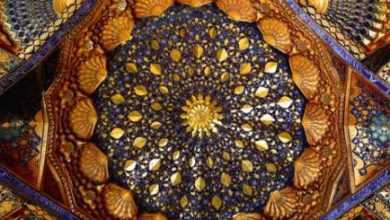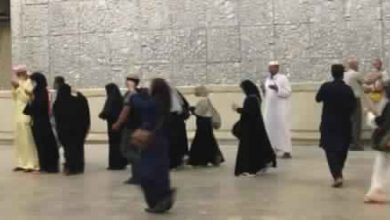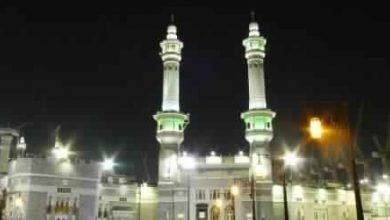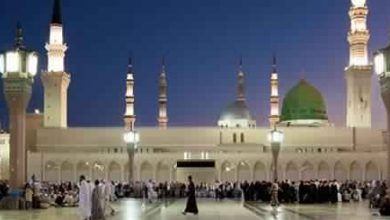RAMADAN – COMPASSION AND CARING
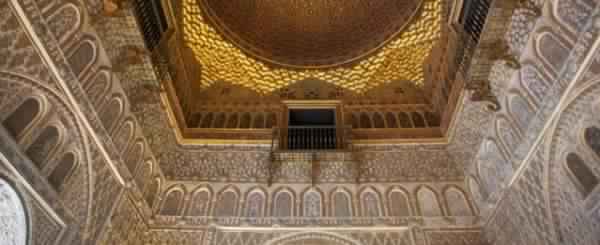
Fasting as an institution for the purification of the soul is common to all the divine religions (Judaism, Christianity and Islam). Records of various ahadeeth bear testimony to the fact that fasting was a common religious practice among the pre-Islamic Arabs. For example, the Jews used to observe fast on the tenth of Muharram to commemorate the day that Allah saved Musa (AS) and his companions from the clutches of the Pharaoh who was drowned in the sea along with his army. Fasting has always been an institution to develop spiritual discipline and self control, in different degrees, depending on the faith.
In Islam, fasting has another unique element, which is the social benefit. In Ramadan the whole atmosphere is spiritually charged with love and devotion to Allah. It is a time where Muslims try to do better, and collectively to be more rigorous in their worship. It is a time where the religious zeal can be contagious. For example, this is demonstrated by increased attendance in the masjid and the voluntary night prayers (terawih), which can be performed either in congregation or individually. This will be discussed in a separate article, inshaa Allah.
The other benefit is that which is felt by society as a whole, especially the less fortunate and the needy. The month of fasting is one where we are encouraged to spend charity on the poor, or, at the very minimum, in the payment of obligatory zakat ul fitr or alms, being a nominal amount to sponsor an equivalent to an average meal of the donor.
We should strive to more than that, though. If the Muslim rich of the world were to give zakat and charity, poverty can be eradicated in an instant. Let us however, look at our own individual efforts. Ramadan is a time to be alert about the needy, and is a time to attend to their needs, be it by a sponsorship of a meal, or their basic necessities, taking care of the orphans, donating by way of money, food and clothes. There is plenty we can do, for our temporary increase in hunger during the day should make us realize that there are scores of people who are homeless, impoverished and malnourished.
Spending during Ramadan purges the heart of the love of material possessions and wealth. It inculcates the habit of parting with wealth for the sake of God and instills within us compassion for the needy. This is the time where we extend our caring to the rest of society. For example, a hadith relates that the one who provides a fasting person with food to break his fast, will earn the same reward as the fasting man, without diminishing the rewards of the fasting man.
To gain piety, and strengthen our faith, we need to sacrifice from what we love. This principle is entrenched in the Qur’an, for example in Surah Aali Imran:
Never will you attain the good [reward] until you spend [in the way of Allah] from that which you love. And whatever you spend – indeed, Allah is Knowing of it. (Qur’an 3:192)
We thus purify ourselves from the love of what we are attached to, including greed, selfishness and the propensity to accumulate. Ramadan is the month where we demonstrate our willingness to sacrifice for Allah. When we remember the poor, we are encouraged to give, and to give thanks to Allah for all the bounties He has bestowed us. This is an action not demonstrated not just with our utterances, but with our limbs when we extend them in the performance of good deeds.
Ibn ‘Abbas (RA) reported that Allah’s Messenger (SAW) was the most generous of people in charity, but he was generous to the utmost in the month of Ramadan. Jibril AS would meet him every year during the month of Ramadan until it ended, and Allah’s Messenger (SAW) recited to him the Qur’an; and when Jibril (AS) met him Allah’s Messenger (SAW) was most generous in giving charity like the blowing wind. [Muslim]
Today, it is obvious that the rich and wealthy of the ummah do not contribute the amount of zakat that they are obligated to give. They are chained to their riches, where 2.5% may translate into millions of dollars for them. Whereas, the more one spends, the freer they are from their own desires, their shayateen and therefore they become closer to Allah.
Ramadan is our annual opportunity to gain the riches of Allah. Think of it as a cave of spiritual treasures, where the lucky one gains all the treasure and takes it with him once Ramadan has ended, and utilizes such spiritual wealth for his own happiness. Ramadan is like a market, where some gain and some lose, depending on the status of their hearts, their goals, and their willingness to perform what Allah wants from them.
Once the freedom from our physical appetites, sexual appetites and love of possessions has been obtained, now we are spiritually ready to receive the mercy and forgiveness from Allah. We can gain purification from hellfire, strengthen ourselves to resist the temptations of our desires and that of shaitan. The detachment from the various aspects of dunia will make us aware that we are merely slaves of Allah. We are the poor ones, for all bounties and riches belong to Allah.
This liberation from the enticements of dunia gives us the spiritual space to contemplate and reflect about who we are, where we are going, and what our goal in life is. Ramadan is a chance to recalibrate and put everything, including what and who we love, such as our spouses, children, riches and status, in their correct perspective, especially those that have been obstructing our paths to Allah. It is a chance to retune ourselves so that we are elevated to reach Allah SWT, by building upon our good deeds, increase our qualities and gain the mercy and generosity of Allah.
During this time, we are encouraged to empathise with the poor, and cultivate characteristics such as softness, kindness and generosity. This propels us to be a positive contributor to our families, those around us and to society, where we give rather than receive, and produce rather than consume.
Let’s share a hand and may Allah open and move our hearts to think of the less fortunate and do whatever we can because today we can, and tomorrow we cannot.

